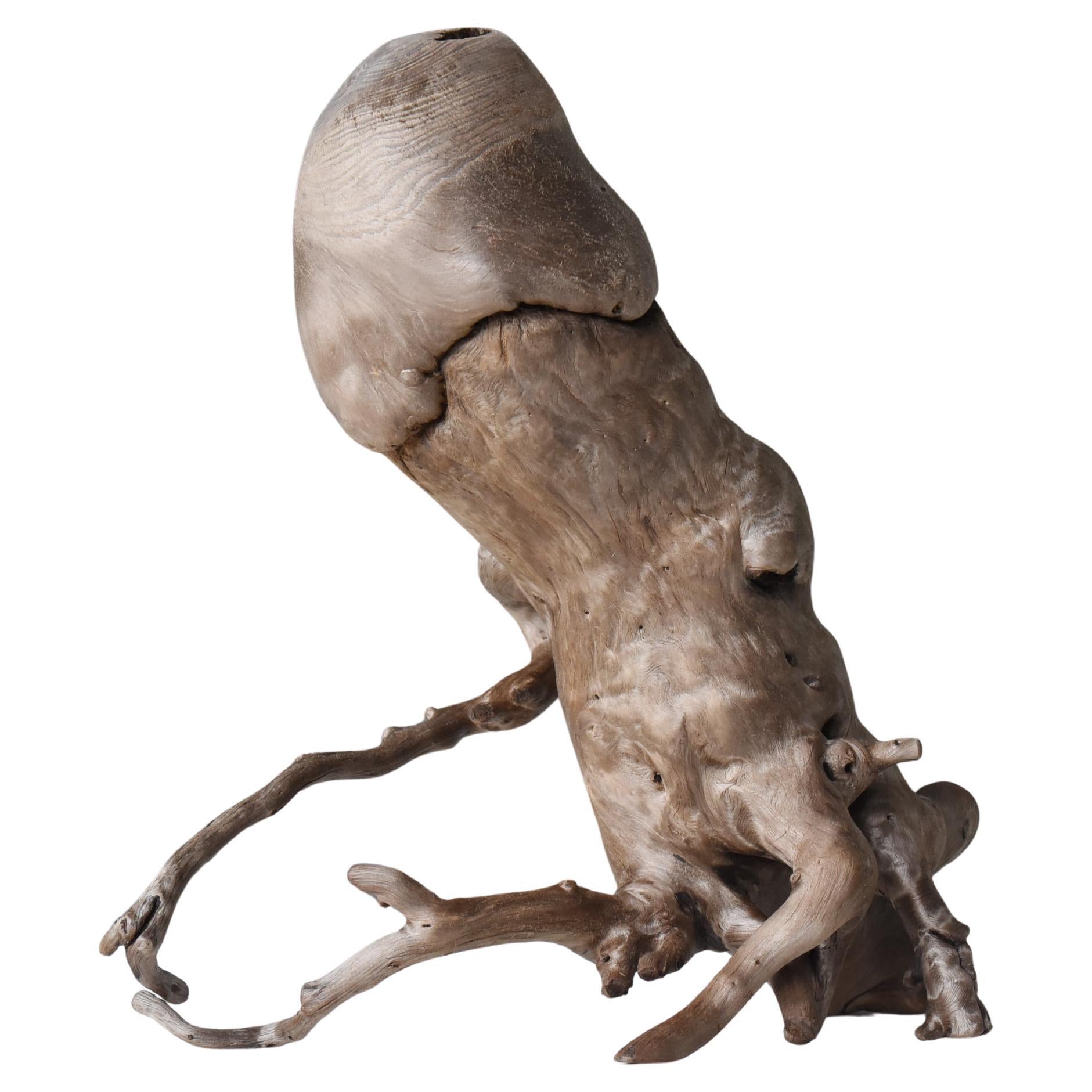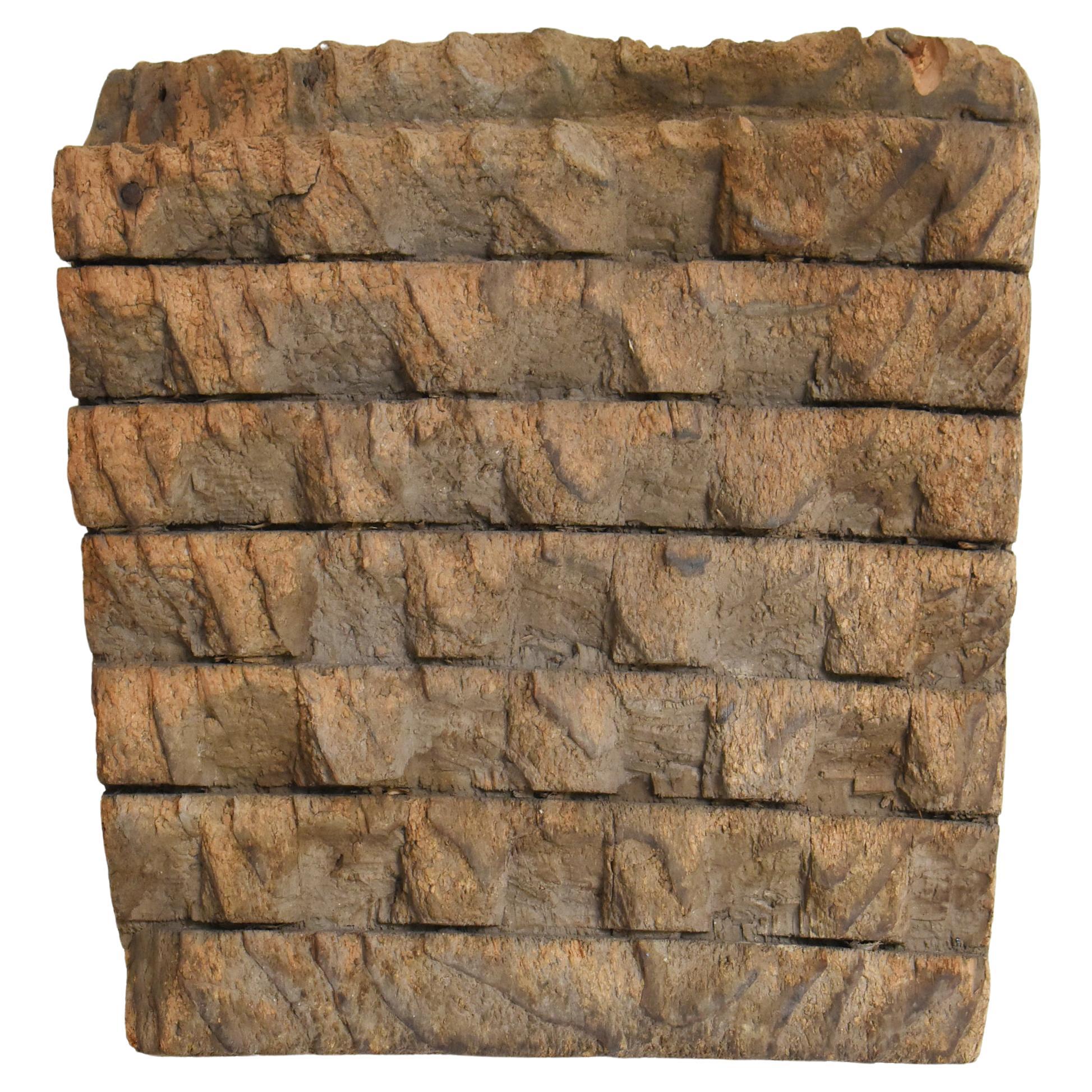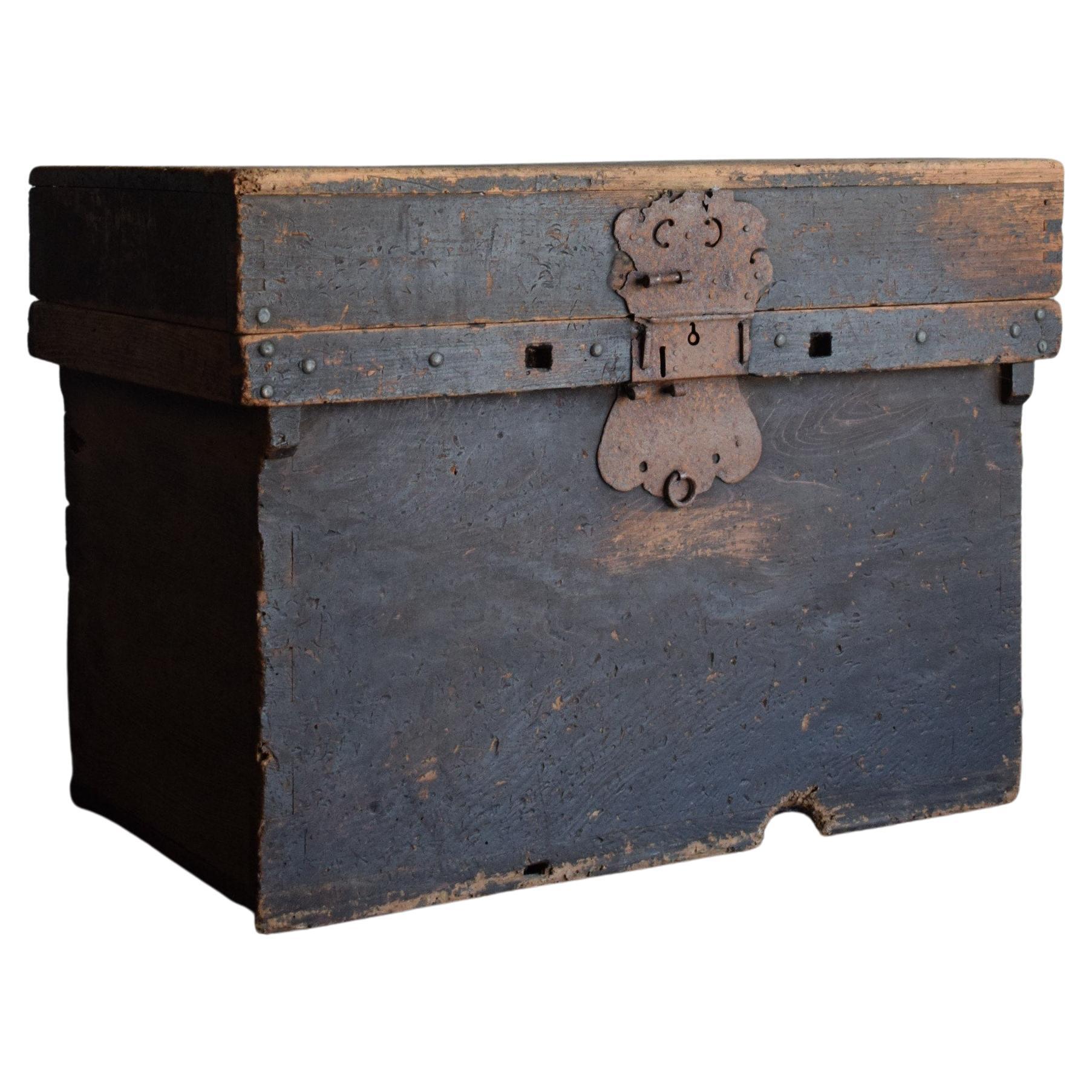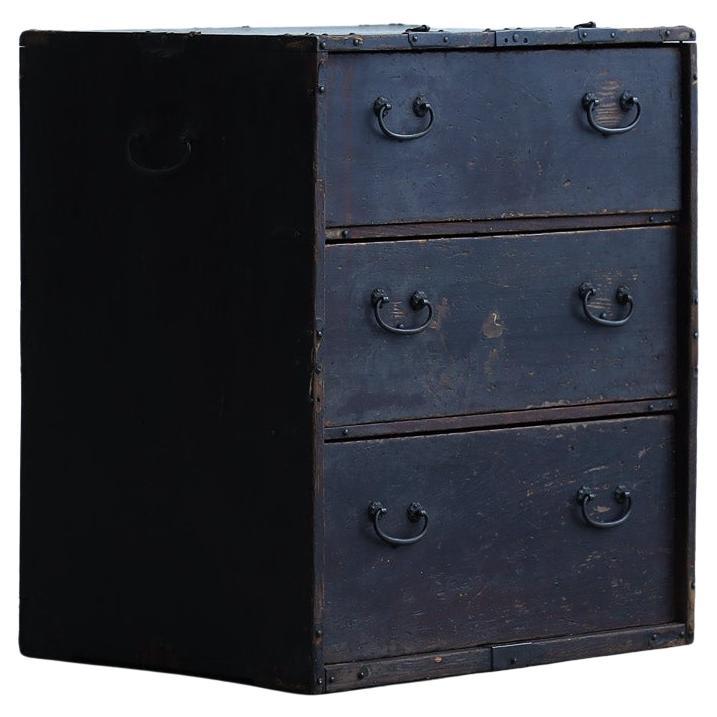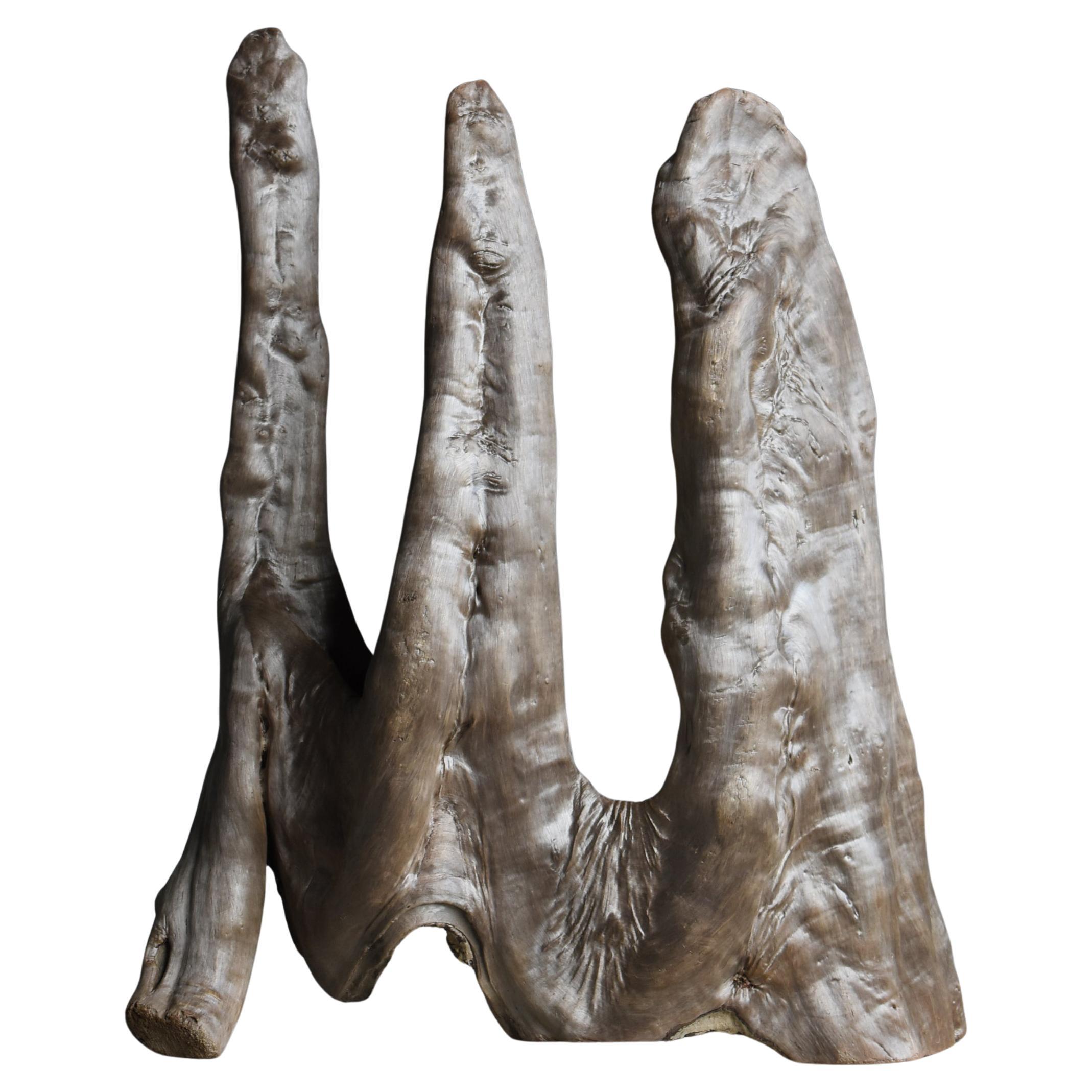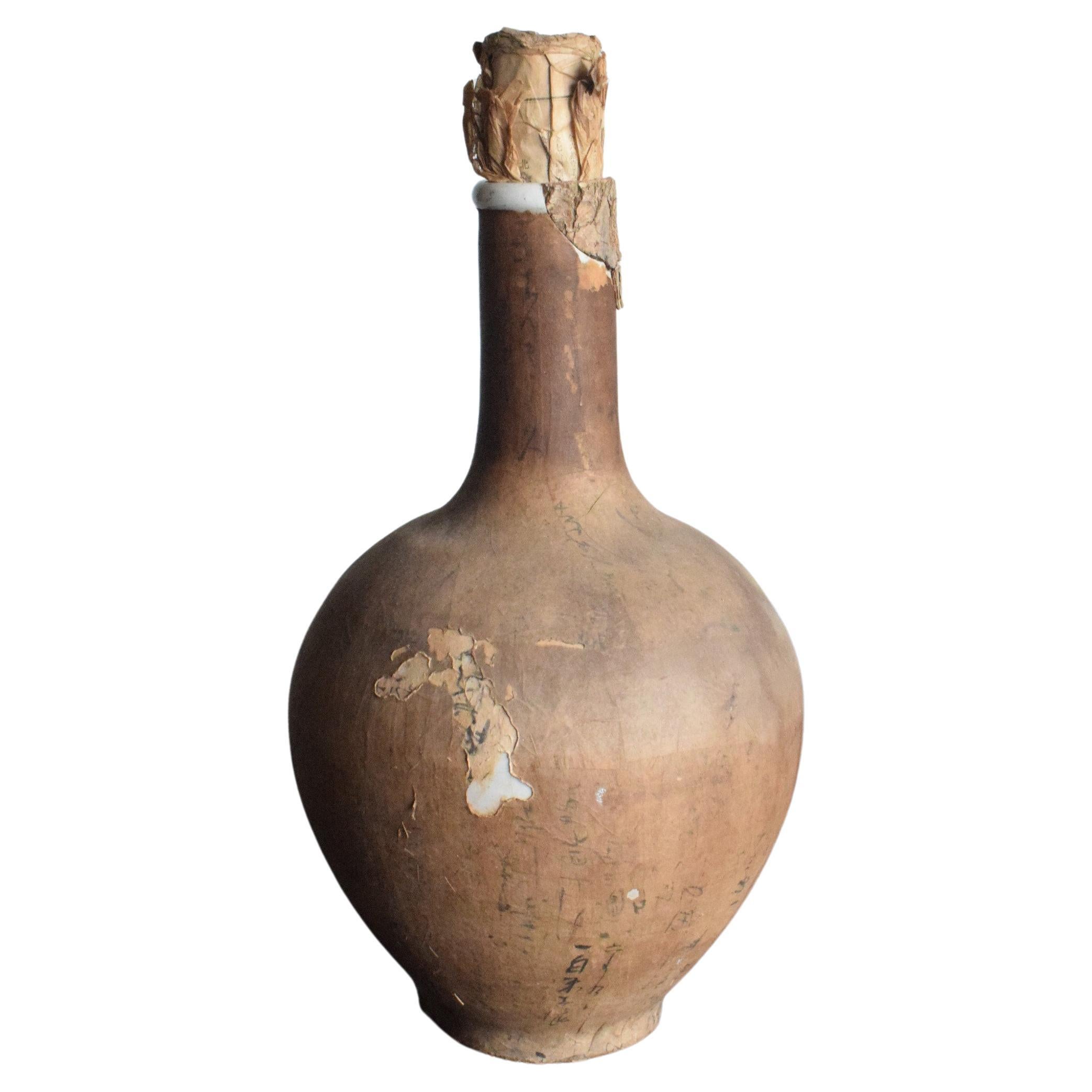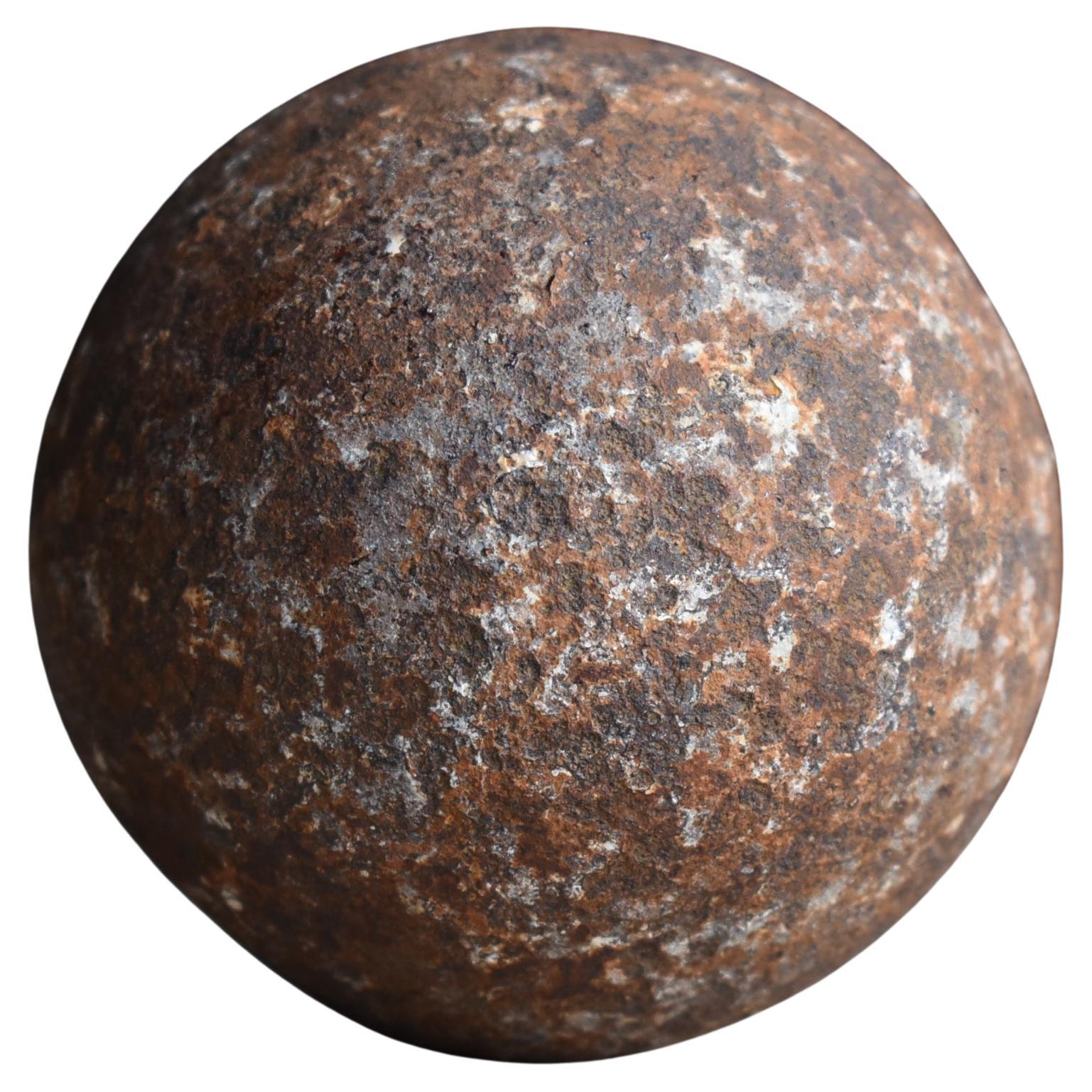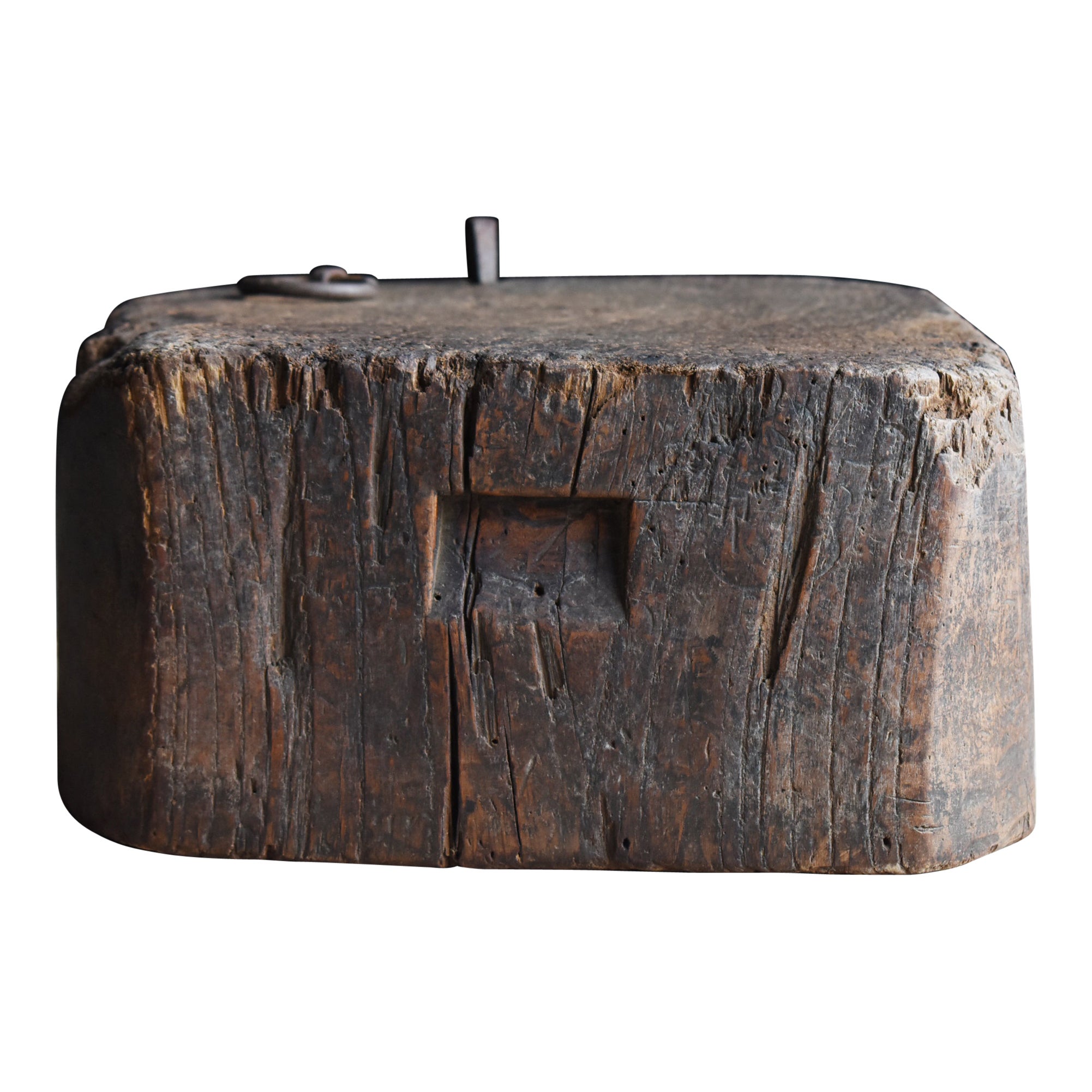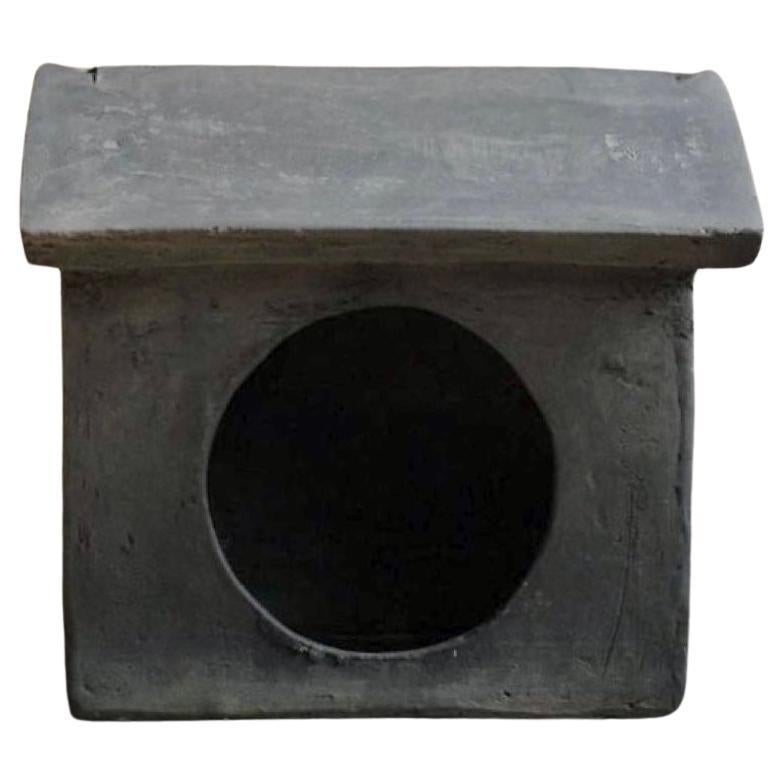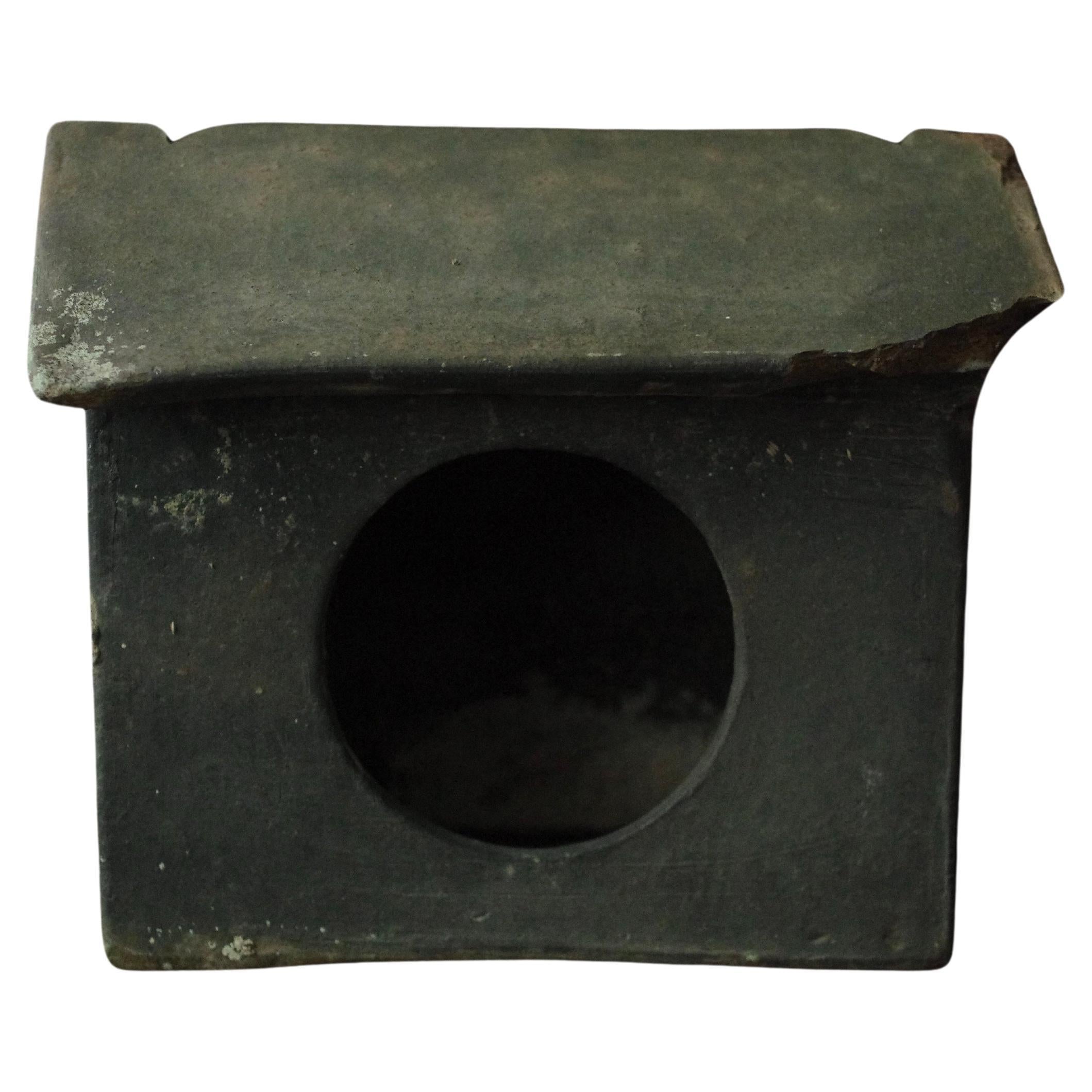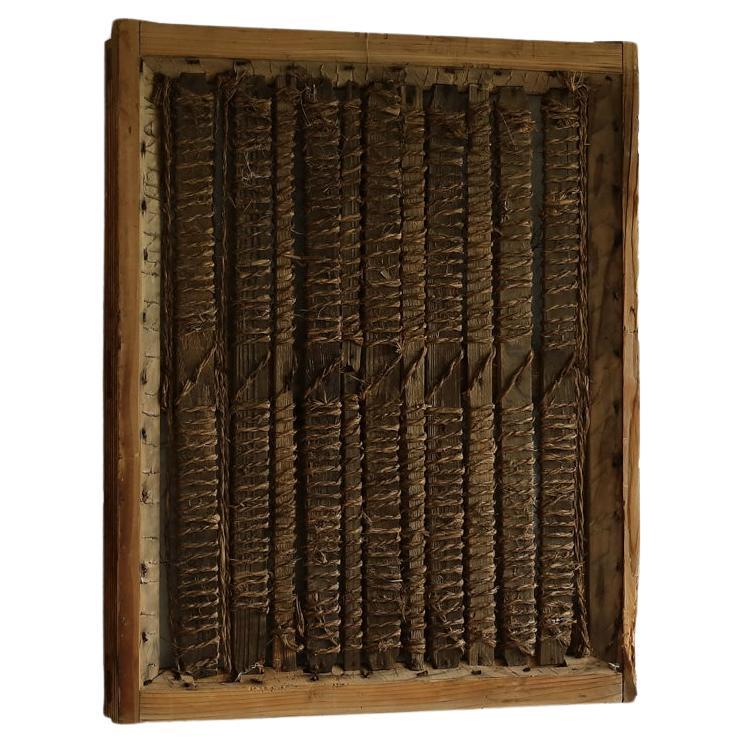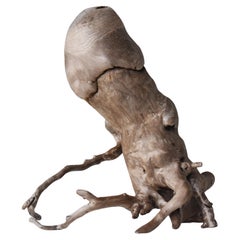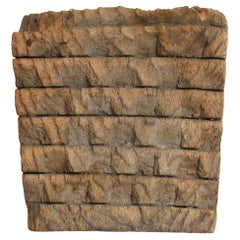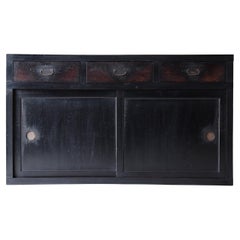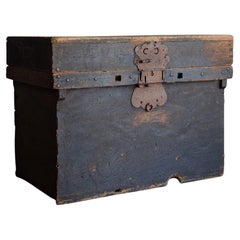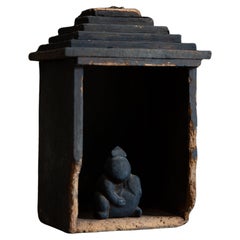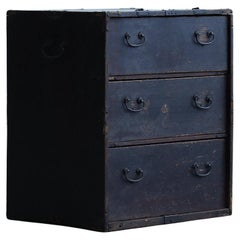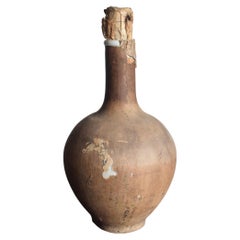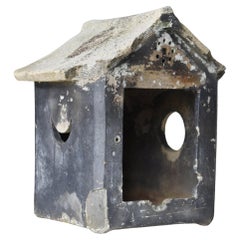
Japanese Antique Ceramic Small Shrine 1860s-1900s / Zushi Figurine Wabisabi
View Similar Items
Want more images or videos?
Request additional images or videos from the seller
1 of 18
Japanese Antique Ceramic Small Shrine 1860s-1900s / Zushi Figurine Wabisabi
Price:$790
$850List Price
About the Item
- Dimensions:Height: 13 in (33 cm)Width: 10.63 in (27 cm)Depth: 10.24 in (26 cm)
- Style:Meiji (Of the Period)
- Materials and Techniques:Ceramic,Unglazed
- Place of Origin:
- Period:
- Date of Manufacture:1860s-1900s
- Condition:Wear consistent with age and use.
- Seller Location:Chōsei District Nagara, JP
- Reference Number:1stDibs: LU10403245652252
About the Seller
New to 1stDibs
Joined in the past six months.
5.0
Platinum Seller
Premium sellers with a 4.7+ rating and 24-hour response times
Established in 2017
1stDibs seller since 2025
31 sales on 1stDibs
Typical response time: 2 hours
Authenticity Guarantee
In the unlikely event there’s an issue with an item’s authenticity, contact us within 1 year for a full refund. DetailsMoney-Back Guarantee
If your item is not as described, is damaged in transit, or does not arrive, contact us within 7 days for a full refund. Details24-Hour Cancellation
You have a 24-hour grace period in which to reconsider your purchase, with no questions asked.Vetted Professional Sellers
Our world-class sellers must adhere to strict standards for service and quality, maintaining the integrity of our listings.Price-Match Guarantee
If you find that a seller listed the same item for a lower price elsewhere, we’ll match it.Trusted Global Delivery
Our best-in-class carrier network provides specialized shipping options worldwide, including custom delivery.More From This Seller
View AllJapanese Antique Natural Wood Penis 1860s-1920s / Figurine Object Wabisabi
Located in Chōsei District Nagara, JP
This is a phallic statue made of natural wood produced in Japan.
It is estimated to have been created during the Meiji and Taisho periods (1860s-1920s), and is made of richly texture...
Category
Early 20th Century Japanese Meiji Antiquities
Materials
Pine
Japanese Antique 6-Drawer Storage 1860s-1900s / Tansu Wabisabi
Located in Chōsei District Nagara, JP
This is an old six drawer storage made in Japan.
It was made during the Meiji period (1860s-1900s), and it is the result of the craftsman's solid skills and aesthetic sense.
The mate...
Category
Early 20th Century Japanese Meiji Commodes and Chests of Drawers
Materials
Iron
Japanese Antique Thatching Tools "Gangi" 1860s-1920s / Wall Decoration Wabisabi
Located in Chōsei District Nagara, JP
This is a traditional Japanese thatched roof tool known as a “Gangi.”
A Gangi is used to trim the cut ends of the thatch and smooth the roof’s surface, symbolizing the craftsmanship ...
Category
Early 20th Century Japanese Meiji Antiquities
Materials
Cedar
Japanese Antique Large Black Sideboard 1860s-1900s / Tansu Wabisabi
Located in Chōsei District Nagara, JP
This is an old, large sideboard made in Japan.
The furniture was made during the Meiji period (1860s-1900s) and has a deep black paint throughout, giving it a stately appearance.
The...
Category
Early 20th Century Japanese Meiji Sideboards
Materials
Iron
Japanese Antique Storage Box 1860s-1900s / Tansu Sideboard Wabisabi
Located in Chōsei District Nagara, JP
This is an old box storage made in Japan.
It was made during the Meiji period (1860s-1900s), and the material used is paulownia wood, which is precious today. Paulownia wood is light...
Category
Early 20th Century Japanese Meiji Sideboards
Materials
Iron
Japanese Antique Large Tansu 1860s-1900s / Sideboard Cabinet Wabisabi
Located in Chōsei District Nagara, JP
This is a large antique Japanese Tansu chest, crafted during the Meiji period (1860s–1900s). It is made from cedar wood, known for its lightweight yet durable qualities.
The design i...
Category
Early 20th Century Japanese Meiji Sideboards
Materials
Cedar
You May Also Like
Japanese Antique Black Wooden Box 1860s-1900s/Sofa Table Tansu Mingei Storage
Located in Sammu-shi, Chiba
This is an old Japanese black wooden box. It is from the Meiji period (1860s-1900s). The material is cedar. This is black and beautiful. Afte...
Category
Antique Late 19th Century Japanese Meiji Antiquities
Materials
Wood
$900 Sale Price
25% Off
Antique Japanese Zushi, wabi sabi miniature shrine w/ Ebisu figurine mingei
Located in 常陸大宮市, JP
Antique wooden Zushi (miniature shrine, the "house of the Gods") with mini wooden figurine of Ebisu - from Tohoku area., Japan.
Manufactured circa 1860s - 1900s (late Edo to Meiji pe...
Category
Antique Late 19th Century Japanese Primitive Antiquities
Materials
Wood
Japanese Antique Chests of Drawers 1860s-1900s /Tansu, Wabi-Sabi
Located in Katori-Shi, 12
This small drawer was produced in the Taisho period.
This chest is made of sturdy cedar with a lacquer finish, with a base panel made of lightweight paulownia wood and an iron handl...
Category
Early 20th Century Japanese Taisho Commodes and Chests of Drawers
Materials
Wood
Japanese Antique Pottery Bottle 1860s-1900s/Flower Vase Wabisabi Jar Mingei
Located in Sammu-shi, Chiba
This is an old Japanese sake bottle. It is from the Meiji period (1860s-1900s). It is made of ceramic and covered with paper. It is slightly cracked and reinforced with paper. The pa...
Category
Early 20th Century Japanese Meiji Ceramics
Materials
Pottery, Paper
$600 Sale Price
25% Off
Japanese Antique Ceramic Zushi "KAWARA-ZUSHI" 1920-1930s/Object Wabi-sabi Mingei
Located in Iwate-gun Shizukuishi-cho, Iwate Prefecture
Height 21cm, width 23.2cm, depth 16cm.
An early tiled shrine"KAWARA-ZUSHI".
Ceramic shrines were made in pottery producing areas all over the country, but they are rare, and are o...
Category
Early 20th Century Japanese Showa Antiquities
Materials
Ceramic
$640 Sale Price
20% Off
Japanese Antique Ceramic Zushi "KAWARA-ZUSHI" 1920-1930s/Object Wabi-sabi Mingei
Located in Iwate-gun Shizukuishi-cho, Iwate Prefecture
An early tiled shrine"KAWARA-ZUSHI".
Ceramic shrines were made in pottery producing areas all over the country, but they are rare, and are only made in Okayama today.
It is thought ...
Category
Early 20th Century Japanese Showa Antiquities
Materials
Ceramic
Recently Viewed
View AllMore Ways To Browse
Religious Figurines
Prayer Altar
Japanese Moon Vase
Antique Japanese Altar
Small Ceramic Statues
Ceramic Tiles Religious
Ceramic Roof Tiles
Japanese Roof Tile
Zushi Shrine
Jade Dragon Bowl
Northern Qi Dynasty
Pottery Dog Han Dynasty
Schist Buddha
Tibetan Prayer Wheel
Wei Horse
Antique Pig Figurine
Antique Slingshot
Bactrian Idol
